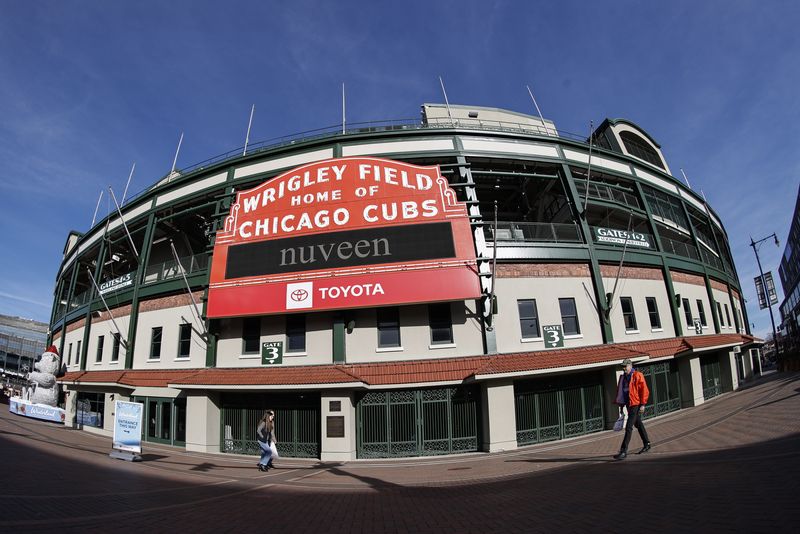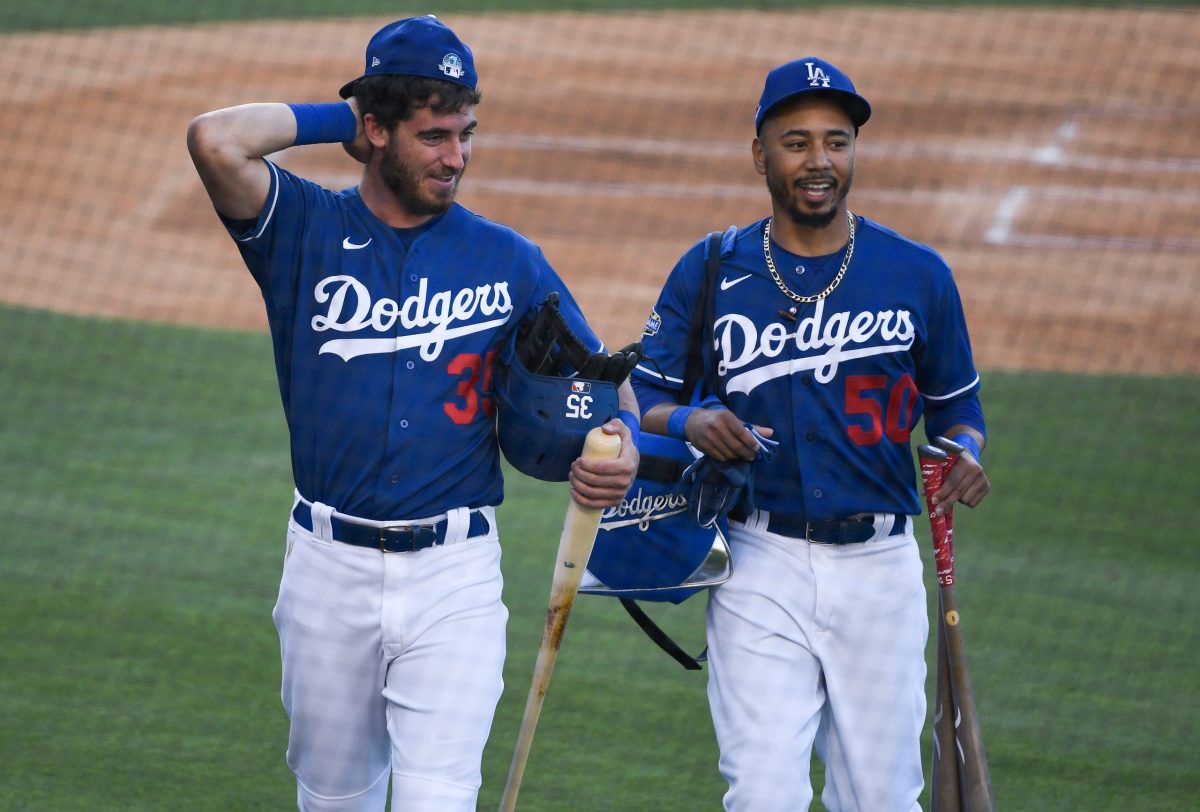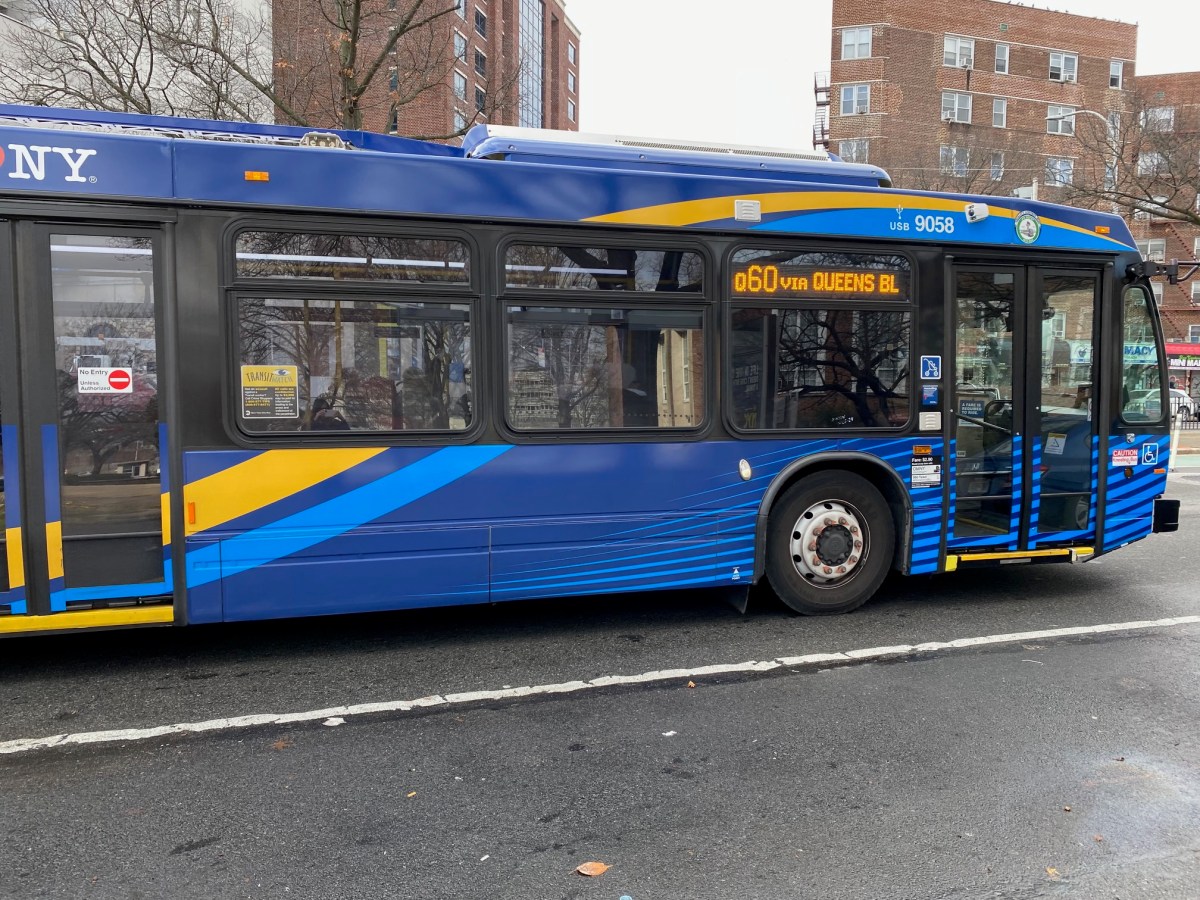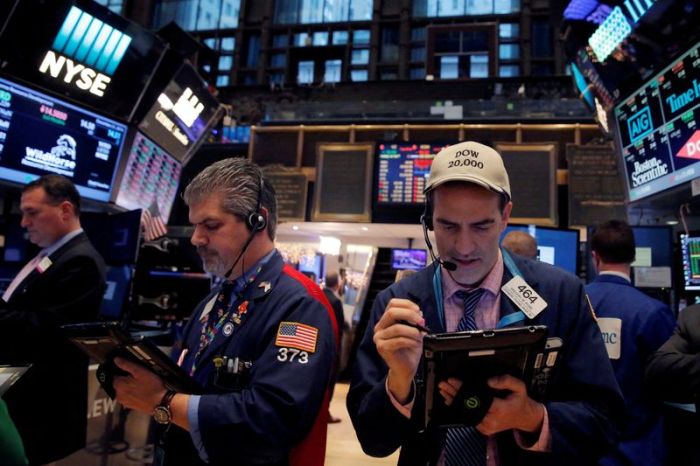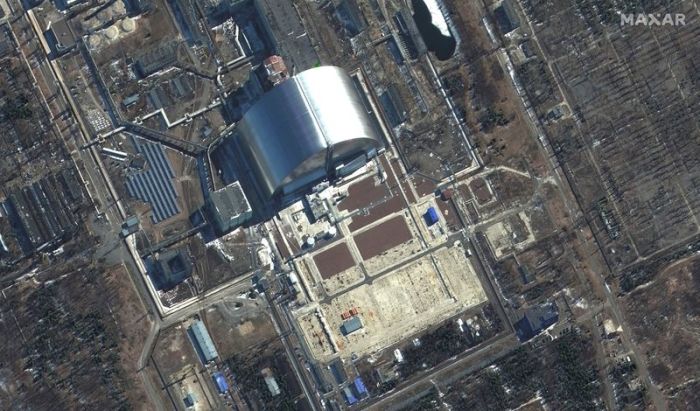NEW YORK (Reuters) – Major League Baseball (MLB) and its locked-out players reached an agreement on Thursday on a five-year labor deal that ends the second-longest work stoppage in the game’s history.
MLB locked out players last December and had already canceled the first two weeks of the 2022 season, which was scheduled to begin on March 31.
“I am genuinely thrilled to be able to say that Major League Baseball is back and we’re going to play 162 games,” said MLB Commissioner Rob Manfred, who began his news conference in New York with an apology to fans.
“I know that the last few months have been difficult. There (was) a lot of uncertainty at a point in time when there’s a lot of uncertainty in the world,” he said.
Team owners voted to ratify the agreement hours after players approved the new labor pact which includes increased minimum salaries, a new pre-arbitration bonus pool to reward top young players and a raise in competitive balance tax thresholds.
“Our union endured the second-longest work stoppage in its history to achieve significant progress in key areas that will improve not just current players’ rights and benefits, but those of generations to come,” MLB Players Association (MLBPA) Executive Director Tony Clark said in a statement.
“Players remained engaged and unified from beginning to end, and in the process re-energized our fraternity.”
Spring training camps will open on Sunday and a full regular season is to begin on April 7. Double-headers have been added to the schedule to make up games canceled after the league missed its planned March 31 Opening Day.
‘OLIVE BRANCH’
The final vote from the executive sub-committee and 30 players representative was 26-12 in favor of the new collective bargaining agreement, ESPN reported.
While the deal paves the way for the return of America’s pastime, bitter acrimony remains between the two sides.
The MLBPA’s Clark last week called the lockout the “ultimate economic weapon” against the athletes.
Manfred defended the move on Thursday, calling it “the most effective way” to reach a new agreement without losing games when a deal was not in place at the expiration of the previous pact. But he acknowledged there was work to be done to repair the league’s relationship with its on-field talent.
“One of the things I’m supposed to do is promote a good relationship with our players. I’ve tried to do that. I think that I have not been successful in that,” he said.
He said the league compromised on its proposed 14-team playoffs and made other concessions to MLB players.
“I do believe – I hope – that the players will see the effort we made to address their concerns in this agreement as an olive branch,” said Manfred.
(Reporting by Frank Pingue in Toronto and Amy Tennery; Editing by Chizu Nomiyama, Ed Osmond, Tom Hogue and Kenneth Maxwell)

